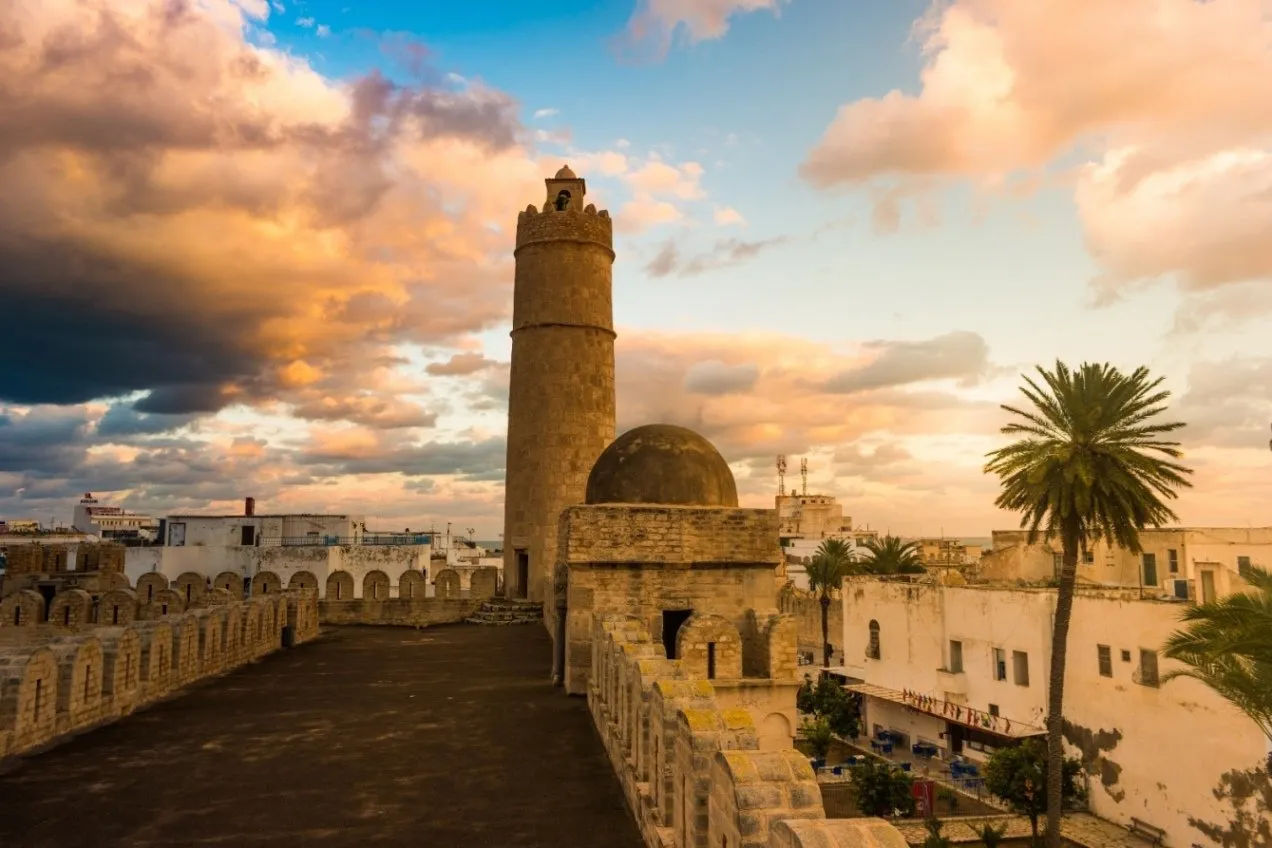
UPDATE (November 14th 2019) - The Tunesian Central Bank has denied to move the dinar to blockchain, but is investigating possibilities for a CBDC.
The Central Bank of Tunesia announced that the Tunesian dinar will become a central bank digital currency on the blockchain. According to Russian news agency Tass the technical work will be done by blockchain startup Universa. Reportedly the blockchain company will earn a percentage over all transactions with the digital dinar.
The central bank digital currency is not a true cryptocurrency. In addition the currency is owned by the state. Even though the digital currency of Tunesia is on the blockchain, it's basically tokenized money. The benefit of the digital dinar is that counterfeiting is impossible, while it adds transparency and makes issuing more money a lot cheaper.
“Digital banknotes cannot be counterfeited — each banknote is protected by cryptography like its paper counterpart has its own digital watermarks. Furthermore, the production of such a banknote is 100 times cheaper than wasting ink, paper and electricity in the printing process.”
CEO of Universa Alexander Borodich (translated by CoinTelegraph)
Not the end of money
Tunesia is choosing a different route for the introduction of a digital currency. The digital dinar is not an extra form of money, but instead a part of the country's reserves will be moved onto the blockchain. Physical money can easily be exchanges for digital money or the other way around.
Universa's CEO Alexander Borodich thinks that the digital currency might change how private banks operate. The central bank will take care of the physical money, while commercial banks will provide digital services for the digital dinar.
Digital money growing among governments
Tunesia is not the first country to announce developments on a national digital currency. Last week Turkish president Recep Tayyip Erdogan announced his plans for a digital lira. The Turkish central bank should finish testing of the central bank digital currency by the end of 2020. Of course there's China as well.
Sweden and Switzerland are other prominent to countries to make a move into digital money. At the same time the United States and Europe haven't really moved into the digital space yet. The European Central Bank wants to develop a digital currency, but approval for such a plan will not happen before December 5th. The US central bank is also actively looking at her options for a digital currency, but nothing has been set in stone just yet.
Facebook woke up central banks
It was Facebook who caused the whole hype surrounding digital currencies. In June they announced libra as a digital currency for 2.4 billion Facebook users worldwide. The recently established Libra Association is working with regulators. They want to have their dollar-pegged stablecoin approved. Governments however, don't like the idea. They consider libra a threat to their sovereignty and are now actively trying to block it.
ING Bank and researchers from IBM believe that digital currencies are inevitable. Central banks need to embrace this latest development or they will be left behind. Within the next five years all central banks need to have made their move, or cryptocurrencies will have taken over.
Posted from my blog: https://www.nederob.nl/2019/11/10/tunesia-moving-national-currency-onto-blockchain/